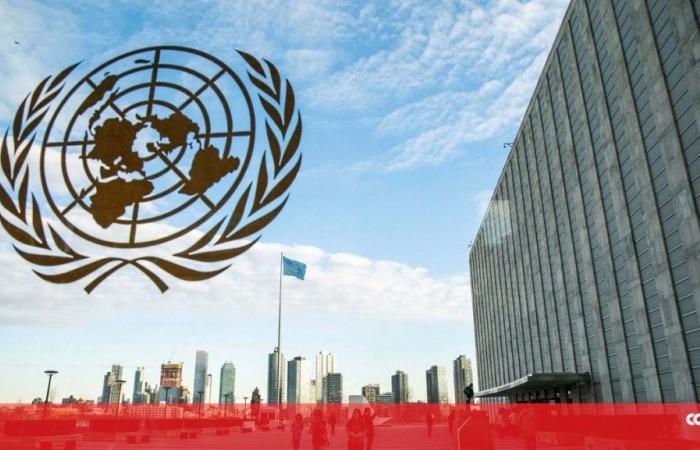The United Nations has defended the application of a tax on carbon dioxide from fossil fuels used in air and maritime transport to generate additional funds to finance the energy transition in Africa.
“Combined with other policy measures, a carbon tax could help mitigate those residual emissions that cannot be addressed by carbon credit markets, subsidies and technology”, argued the executive secretary of the United Nations Economic Commission for Africa (UNECA), Claver Gatete.
In an intervention during the tenth African Regional Forum on Sustainable Development, which ended Friday in Addis Ababa, Gatete said that this measure could allow countries to “improve the response to their commitments on contributing to the reduction of climate instability”.
“Renewable energy and carbon sinks from forests and other ecosystems have great potential that should be harnessed to secure additional revenues and build green and blue economies resilient to climate and climate disasters,” said Claver Gatete.
Using nature-based solutions could save up to 82 billion dollars, around 76.5 billion euros, to African countries every year, he said in the speech that closed the meeting.
The different solutions for financing economic development and the energy transition were highlighted at the Forum, in which UNECA joined several partners to present ideas that will be taken to the Future Summit, scheduled for September in New York, with the aim of frame the energy transition in Africa and the reform of the global financial architecture.
According to the Forum’s final declaration, “the summit must ensure the timely reform of global financial institutions and their architecture to make them useful and capable of serving the interests of Africa and developing countries in the rest of the world.”
The regional director of the United Nations Development Program (UNDP), Ahunna Eziakonwa, highlighted, in her speech at the meeting, the importance of achieving synergies with other institutions, ensuring effective and sustainable climate action.
“Implementing the carbon tax requires evidence-based analysis and engagements with stakeholders, including policymakers, investors and civil society organizations,” he said, after the African Union Commissioner for Economic Development, Trade, Industry and Minerals, have agreed to the creation of the carbon tax.
For Albert Muchanga, the application of this measure is “crucial to address the climate crisis”, in a context of integration of African economies, mostly small and fragmented, in a continental green transition that also takes advantage of the advantages of the free trade agreement.
The statements by those responsible at the Forum come at the same time as the creation of the Panel on Critical Minerals for the Energy Transition, announced on Friday by the UN Secretary-General, António Guterres.
“A world driven by renewable energy is a world hungry for critical minerals; for developing countries, these critical minerals represent a fundamental opportunity to create jobs, diversify their economies and increase their incomes, provided they are managed correctly,” he said the former Portuguese Prime Minister.
At stake are minerals that are increasingly sought after for rechargeable batteries, electric cars, wind turbines or solar panels, including copper, lithium, nickel, cobalt and others, which exist abundantly in Africa.
The panel has already been joined by 23 countries or groups of countries, including the European Union (EU) and the African Union, as well as the United States and China, and 15 non-governmental and multilateral organizations.






